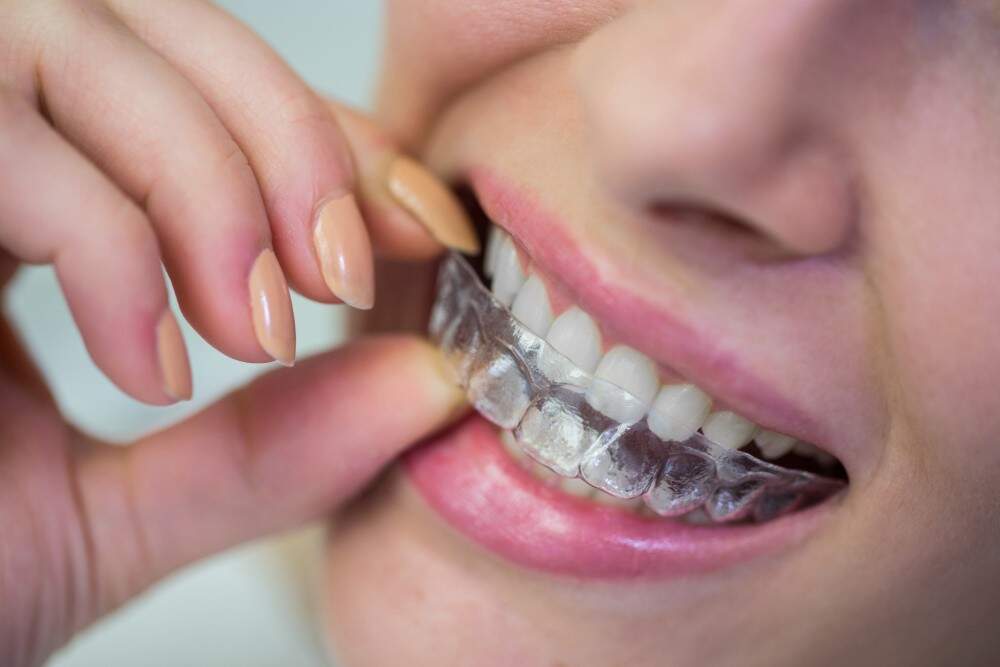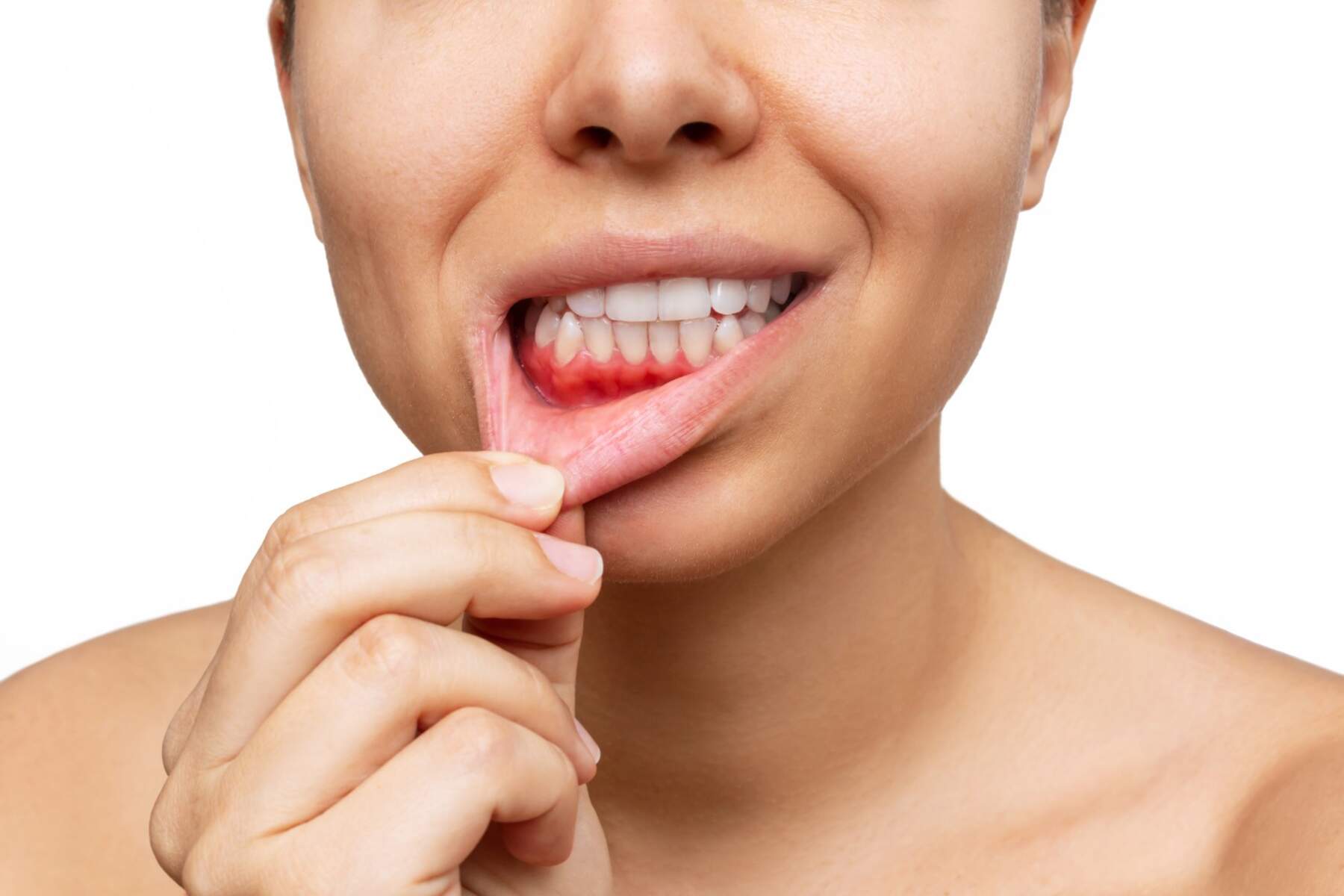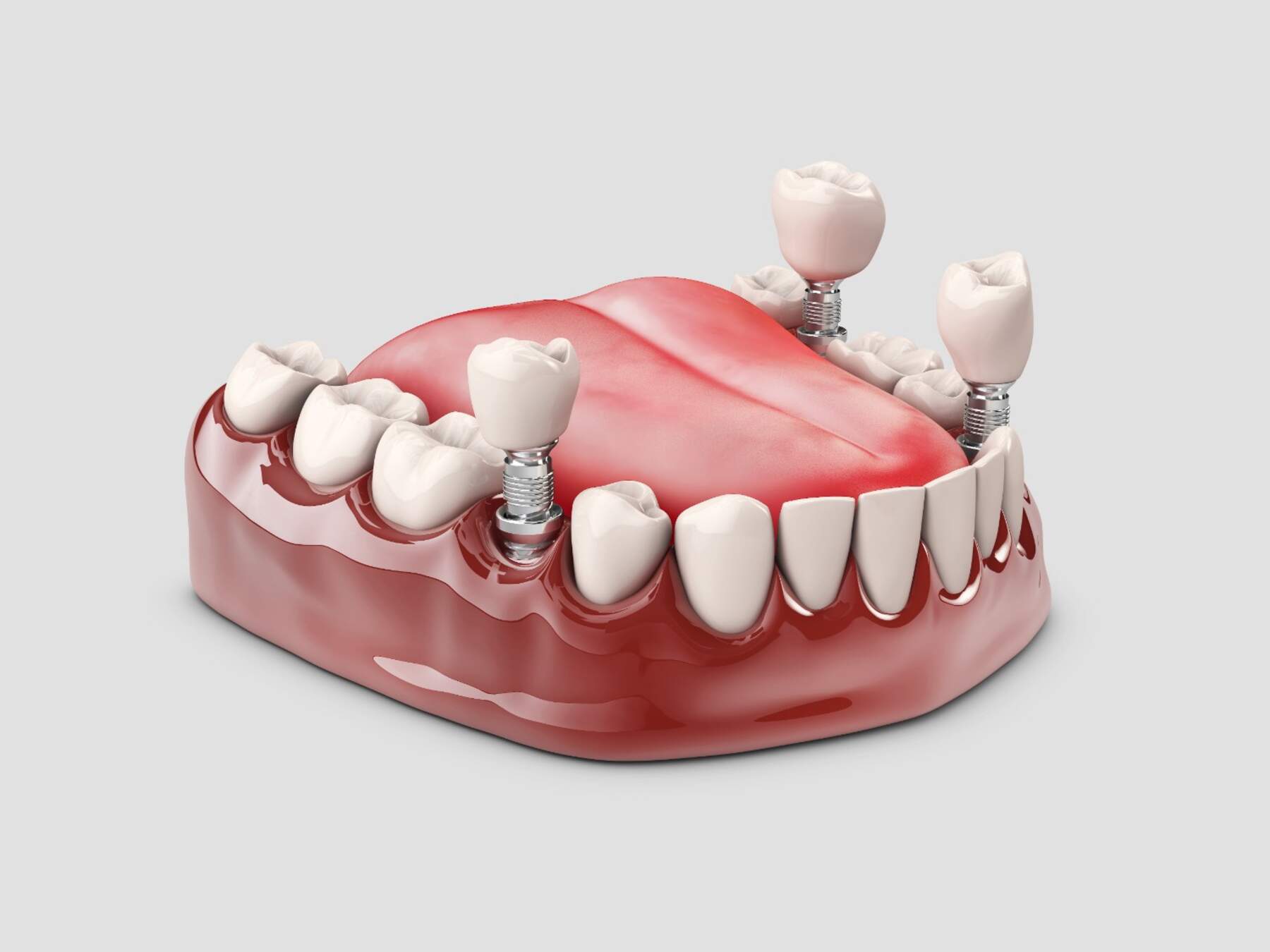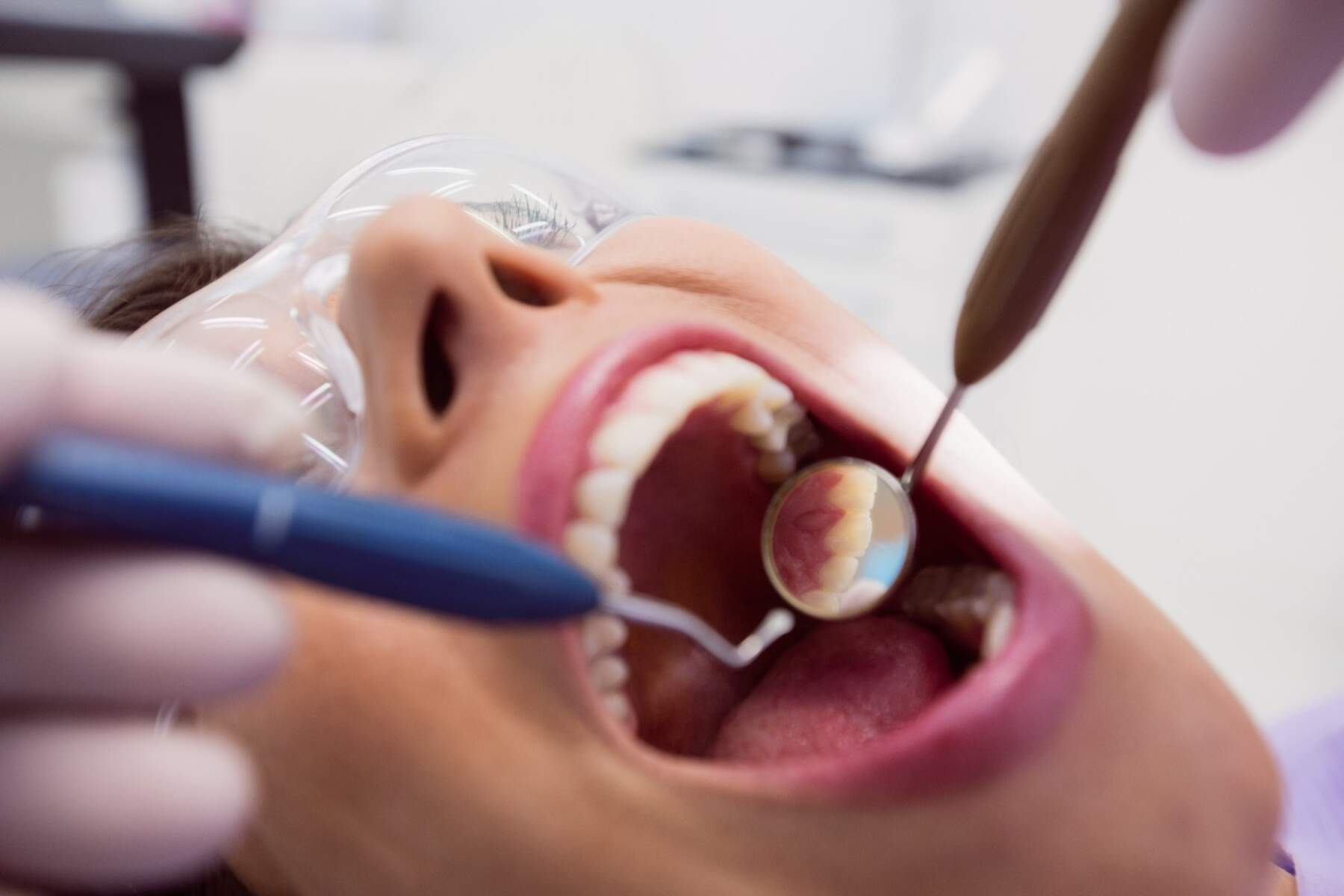Getting braces as an adult may seem strange as we are used to seeing them in small children, but it is nothing to be ashamed of. If you did not get the chance to get them when you were younger or you forgot to use your retainer and the teeth have moved again, there is still time to fix your problems. If you are considering braces at an older age you should know you are not alone. There is no age limit on having straight healthy teeth. There are several reasons to seek adult orthodontic treatment, as we will discuss further.

How to Know If You Need Braces
Braces can address issues like crowded teeth, spacing or gaps between teeth, overbites, and underbites. The orthodontist will examine the overall health of your mouth and will conduct a dental exam to see if the patient needs to get braces or not. In cases of tooth decay, gum disease, or cavities the dentist will recommend other treatments rather than adult braces. Braces may still be needed, but these other issues would need to be corrected before you get them. Some reasons why braces are necessary include:
- Having an open bite
- Overcrowding teeth
- Space between your teeth
- Having an overbite
- Having an underbite
- Speech difficulties
How long will I need to keep the braces?
Orthodontics is continually evolving and progressing as a field. The latest techniques, appliances, and technology straighten teeth more quickly than ever before. Both braces and Invisalign have seen plenty of engineering and materials upgrades and they apply a small amount of force over time instead of a strong force in a short period like they used to. This has actually been shown to shift the teeth into place faster and with significantly less discomfort. The precision is unparalleled and your treatment is more efficient, meaning you spend less time in braces or Invisalign.
Is having braces worth the investment?
Your smile and teeth will look fantastic after wearing clear aligners or braces. However, besides the cosmetic benefits, it comes with a lot of other advantages. After straightening your teeth it will be easier to clean them, which will improve your oral hygiene and prevent the development of infections and gum diseases. There is clearly a link between dental health and general health because gum disease has been linked to conditions like diabetes, heart disease, and stroke as well as early labor in females. If your teeth and jaw are treated properly it will help you breathe easier, chew properly, and speak better.
After getting the treatment the teeth will be less prone to injury and it will minimize the abnormal wear of teeth. It will reduce the headaches caused by unbalanced biting and jaw clenching. If dental implants are needed in cases of missing teeth, braces will create this space for the procedure to be done. Last but not least you will gain self-confidence as this treatment can make a huge improvement to your overall look.

Will braces improve my dental health?
Braces will definitely improve your dental issues. If you have misalignment issues the only problems will be visual but if you frequently get food stuck in your teeth, you are at high risk for gum infection and tooth decay. There is a misconception that cleaning your teeth with braces will be harder but in fact, it is not.
In reality, braces can help you keep a good set of teeth for the long run. To prevent the formation of tartar and plaque, they are designed to be simple to brush and floss. Your dental health and longevity are improved if you choose to straighten your teeth. Over time, you are less likely to require oral assistance.
What are the options available if I want to straighten my teeth?
There are several options available if you are finally ready to improve your smile. You can work with your dentist to see what is the best treatment to go for. Nowadays traditional braces are smaller and thinner making them almost invincible and they are just as effective. Porcelain braces are also available and they are like the metal version, but sheerer.
However, if porcelain or metal is not your style, you can choose transparent braces in their place. They perform as well as metal braces. The only significant distinction is the less-visible material it is made of. If you choose Invisalign, you will gradually get a set of detachable plastic aligners. They are wonderful for individuals who are busy and would want to avoid going to the doctor frequently.

Will I have to wear adult braces for a more extended period?
Several factors can shorten or lengthen the time period of braces. Age, the intricacy of the patient’s situation, compliance, and the type of braces used are three primary reasons that affect the length of orthodontic therapy. Even though age is not the most important factor, you cannot compare the bones of a young teenager to a full-grown adult. It will take longer for adults to get the desired results as the jaws and bones are more rigid. As teeth continue to grow in teenagers it is easier to make changes and the healing time is relatively faster.
Despite the age factor it always depends on the severity of the orthodontic problem. Braces may need to be worn for up to three years depending on severe orthodontic problems or in other cases it can take two years, and if you take good care of them it is also possible to remove them sooner. So in conclusion, age plays a role in the duration of wearing braces but it is minimal, as other factors are more important.

Braces After-Care
You should take care of your teeth even after the braces are removed. It doesn’t matter how long you have kept them, the jaw tends to move if you don’t wear the retainer regularly. This plastic retainer will be provided by the orthodontist and he will advise you on how to use it and clean it. In most cases, you are advised to wear it every night or a temporary wire will be attached to the back of the lower teeth. There are several actions you can take into consideration if you want to remove the braces in a short length of time.
- Follow your orthodontist’s advice: Your dentist will explain to you every step of the process and what you should do to get the best result possible and to keep it for a long time. Is crucial to follow their advice carefully.
- Don’t miss your appointments: Being on time means that the orthodontist can monitor your progress and he will be able to make the necessary adjustments. Missing regular checkups results in wearing braces for a much longer time.
- Maintain a healthy diet: A braces-friendly diet might help you finish your treatment sooner. Sugary meals and beverages, popcorn, sticky foods such as caramel or taffy, and hard or very crunchy foods such as apples, corn on the cob, or pretzels should be avoided as they may cause problems with the braces.
- Brushing, flossing, and using water picks can help keep your teeth and gums in good condition.
FAQ
How Should I Brush My Teeth With Braces?
It doesn’t matter if you are an adult or a child, the process of cleaning and brushing your teeth remains the same. Make sure your jaw is open when cleaning your teeth instead of closing your mouth. Be sure to brush the teeth both above and beneath the orthodontic bracket when you brush. You’ll be more likely to remember to clean both above and below if you keep your jaw open.
Never use a back-and-forth motion while brushing your teeth since it will wear down your gums and lead to more issues. Instead, use a toothbrush that is very gentle and creates tiny circles to keep your gums healthy while wearing braces.
Do braces hurt?
For the first few days, many people report feeling some level of pain after being put on but it goes away shortly. Some soreness on the tongue can be present also depending on the type of braces you have. After every adjustment, many people have some pain, but this discomfort should go away in a few days as well. If necessary, you can use non-prescribed painkillers.
What can you eat with braces?
Pieces of bread, pancakes, spaghetti, cooked meats, tuna, steamed veggies, cooked beans, and creamy cheeses are just a few of the many items you may consume while wearing braces.
What can’t you eat with braces?
Avoiding foods with tiny pieces or chewy textures that may become stuck in brackets its better to be avoided, such as almonds, caramels, licorice, and gum. Harder foods, such as raw fruits and vegetables, are okay if they are chopped into smaller, bite-sized pieces to avoid damaging the brackets.
How do you brush with braces?
It’s the same to brush with braces as without. It is advised to use an electric toothbrush or a toothbrush with soft bristles. Take out your aligner if you wear one so you may brush and floss.
How do you floss with braces?
At each tooth, start by threading the floss above the wire, being careful not to pull it. Gently place the floss between the teeth, then draw it out. You may also utilize floss threaders or dental tape, which many individuals who wear braces find simpler to use in small spaces. An interdental pick, which resembles a miniature tree and allows you to clean between teeth more completely, is another useful item.




